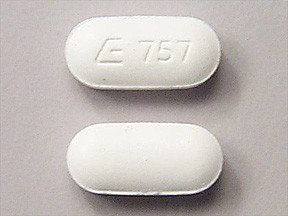SULFADIAZINE - ORAL
PHONETIC PRONUNCIATION: (sull-fuh-DYE-uh-zeen)
GENERIC NAME(S): sulfadiazine
Uses
USES: This medication is used to treat and prevent a wide variety of infections. Sulfadiazine belongs to the class of drugs known as sulfa antibiotics. It works by stopping the growth of bacteria and other organisms. This antibiotic treats only certain types of infections. It will not work for viral infections (e.g., common cold, flu). Unnecessary use or misuse of any antibiotic can lead to its decreased effectiveness. This medication should not be used in infants younger than 2 months because of the risk of serious side effects, unless treatment is for a very serious infection (congenital toxoplasmosis).
How to use SULFADIAZINE - ORAL
HOW TO USE: Take this medication by mouth with a full glass of water (8 ounces or 240 milliliters) as directed by your doctor. Drink plenty of fluids during treatment with this medication unless your doctor advises you otherwise. This will help prevent unlikely side effects such as crystals appearing in the urine and kidney stones. The dosage is based on your medical condition, weight, and response to treatment. Children must not take more than 6 grams per day (same as 6,000 milligrams per day) of this medication. For the best effect, take this antibiotic at evenly spaced times. To help you remember, take this medication at the same time(s) every day. Continue to take this medication for the full time prescribed, even if symptoms disappear after a few days. Stopping the medication too early may result in a return of the infection. Tell your doctor if your condition persists or worsens.
Side Effects
Precautions
Interactions
Overdose
Images
Reviews
Disclaimer
IMPORTANT: HOW TO USE THIS INFORMATION: This is a summary and does NOT have all possible information about this product. This information does not assure that this product is safe, effective, or appropriate for you. This information is not individual medical advice and does not substitute for the advice of your health care professional. Always ask your health care professional for complete information about this product and your specific health needs.

No Reviews Yet